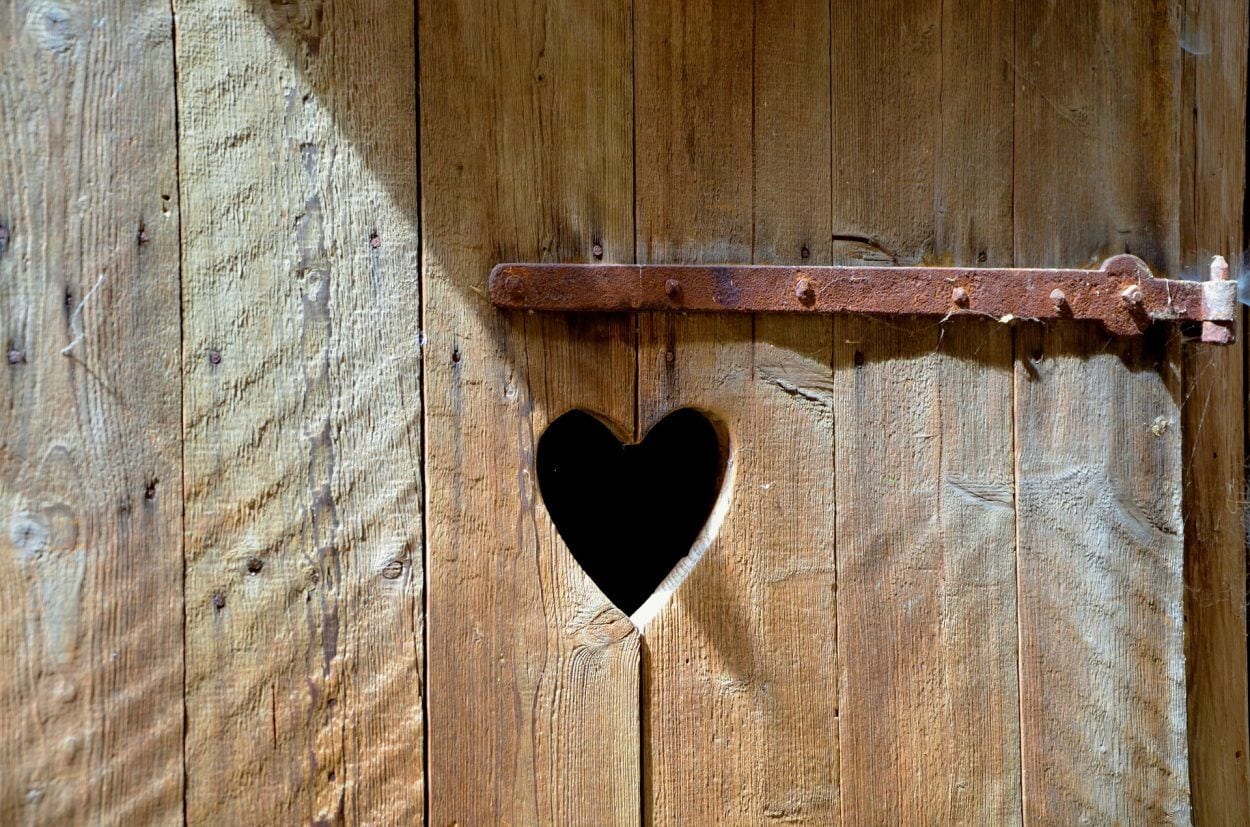Archaeologists excavating a settlement on the Stevns Peninsula in Denmark suggests they have discovered a toilet from the Viking Age.
Archaeologists from the Museum Southeast Denmark were conducting a study for pit houses, when they found a hole feature that they have identified as a toilet, possibly the oldest ever found in Denmark and bringing new revelations into the toilet habits of Vikings living in the countryside on the Peninsula.
Many studies have been carried out on privy buildings from the Viking Age and early Middle Ages in towns and cities, but very few have been conducted on farmsteads from this period.
A macrofossil and pollen analyses found mineralised seeds (caused by high levels of phosphate) and concentrations of fly pupae that indicates the sediments accumulated in the hole were human faeces. The pollen analyses also discovered insect-pollinated plants, often used for creating honey or mead for human consumption.
PhD student Anna Beck from the Museum Southeast Denmark has had resistance over the interpretation from academics. Toilets are mentioned in the Icelandic sagas, but are generally described as separate buildings and differ in the interpretation for the hole toilet being proposed.
Anna Beck told ScienceNordic: “We know from cultures the world over that the treatment of faeces is surrounded by complicated cultural and social rules and taboos. From toilet culture, you can learn a lot about the norms and rules of that particular society. For example, we know that animals, which had previously lived under the same roof as humans for thousands of years, were moved out of people’s homes at this time. The distance between humans and animals became larger, both physically and mentally. That ideal doesn’t fit so well perhaps with them sitting out in the stable to defecate along with the animals.”
Header Image – Public Domain







